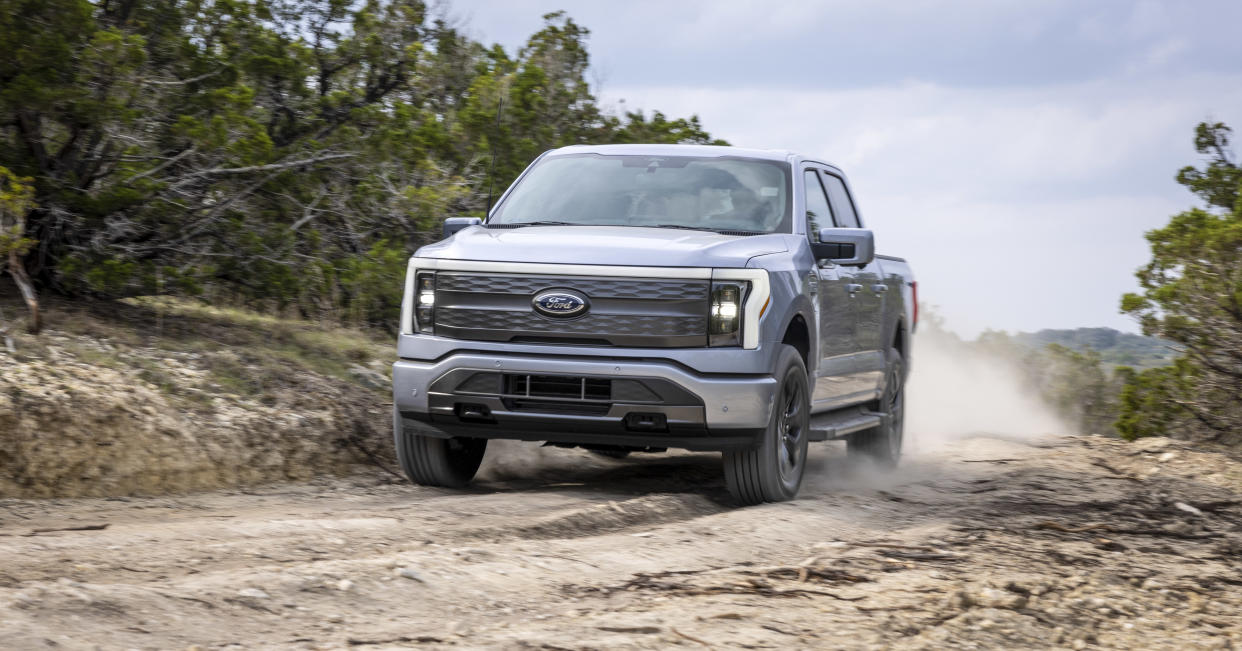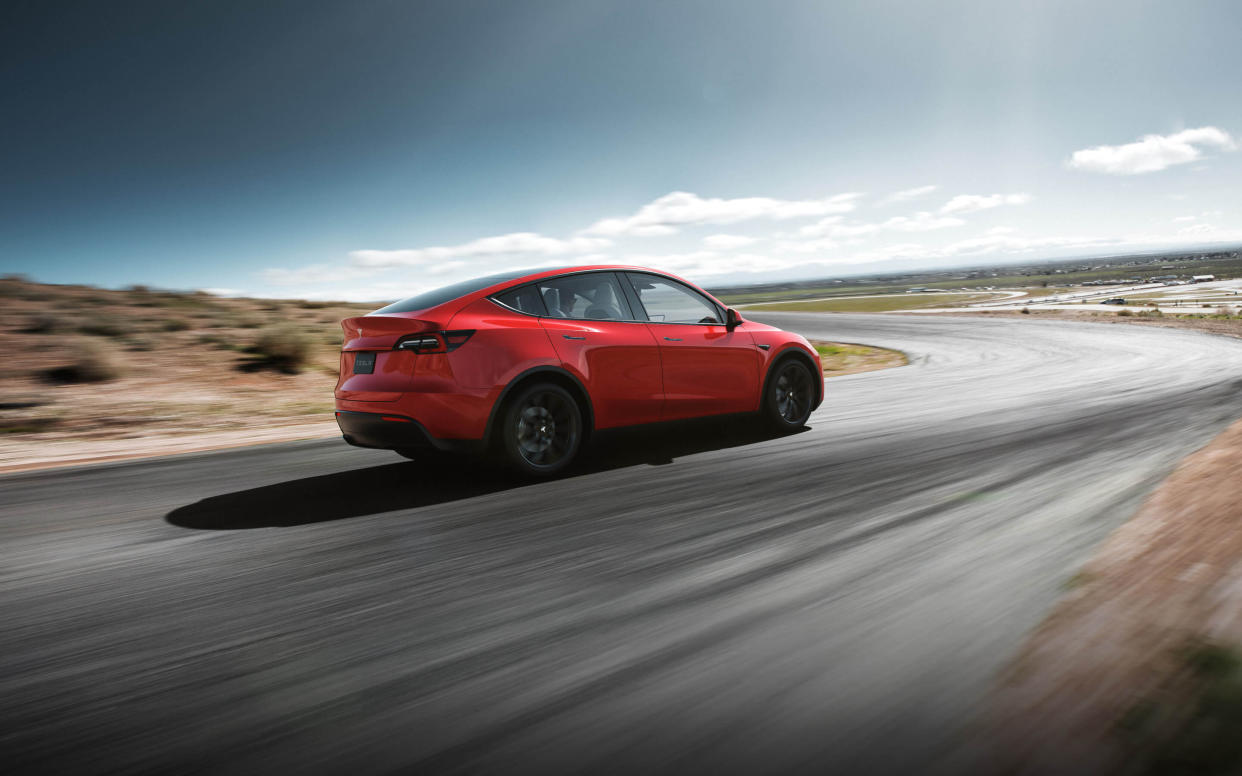Only 6 pure EVs on sale today qualify for the full EV tax credit

In another twist to the government’s confusing EV tax credit policy, now fewer EVs will qualify for the full credit.
On Monday, the Treasury Department issued its final list of EVs available for the full $7,500 credit through the Department of Energy’s fueleconomy.gov website. To qualify, automakers had to provide information proving that at least 50% of their battery components and 40% of their critical minerals are sourced from the US or its trade partners.
Those cars include the Cadillac LYRIQ, Chevrolet Blazer, Chevrolet Bolt, Chevrolet Bolt EUV, Chevrolet Equinox, Chevrolet Silverado, Chrysler Pacifica PHEV (plug-in hybrid EV), Ford F-150 Lightning, Lincoln Aviator Grand Touring PHEV, Tesla Model 3 Performance, and Tesla Model Y.
Excluding the Chevy Blazer, Equinox, and Silverado — which aren’t on sale yet — there are only eight vehicles available for the full tax credit. Going even further, if the Pacifica PHEV and Aviator PHEV are excluded from the list since they are hybrids, there are only six pure EVs on sale in the U.S. that qualify for the full tax credit.
Popular vehicles like the Nissan Leaf, Rivian R1T, and Volkswagen ID.4 crossover no longer qualify for the EV tax credit after not meeting requirements. The changes to the EV tax credit qualifications go into effect on Tuesday, April 18th.
“This isn’t a surprise and what I meant when I said March would go down as the high-water mark for EV tax credit eligibility since the passage of the IRA,” John Bozzella of the industry trade group Alliance for Automotive Innovation told Yahoo Finance, referring to when the IRA’s battery requirements were not in effect. “Customer affordability is a key condition for a successful EV transition (along with charging, critical mineral availability and utility capacity), so that’s why we’ve been focused on making the 30D incentive as broadly available to as many customers and on as many EVs as possible.”
With only six models (or nameplates) available for the full-tax credit on sale today, Bozzella and other industry experts fear the nation’s transition to EVs may be hampered by the unavailability of the full tax credit.
That being said, a number of vehicles are receiving partial EV credits due to the Treasury’s formula for determining battery component sourcing and critical mineral usage. Fifty percent of battery components must be produced or assembled in North America to qualify for $3,750, and 40% of critical minerals must be sourced from the US or a free trade partner for the other half.
Notable vehicles receiving half the credit include the Ford Mustang Mach-E and Escape PHEV, Jeep Grand Cherokee and Wrangler PHEVs, and the Tesla Model 3 RWD. If partial credits are included, a total of 17 different nameplates qualify for the full or partial credit.
The good news for consumers and the automakers is this list isn’t set in stone.
“Keep in mind: the IRS guidance isn’t frozen in time,” AAI’s Bozzella said. “The content thresholds will ramp up in the coming years. The IRS list of qualifying vehicles could also change over time (both up and down) as supply chains localize and our country partners with allies on mineral agreements – something that is well underway.”
—
Pras Subramanian is a reporter for Yahoo Finance. You can follow him on Twitter and on Instagram.
Read the latest financial and business news from Yahoo Finance
Download the Yahoo Finance app for Apple or Android
Follow Yahoo Finance on Twitter, Facebook, Instagram, Flipboard, LinkedIn, and YouTube
Source: Read Full Article

